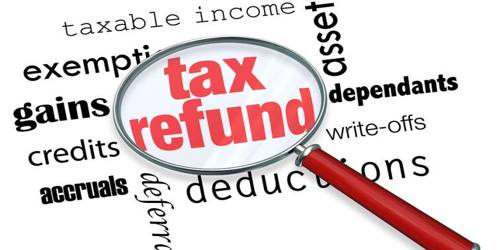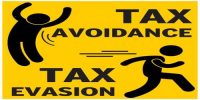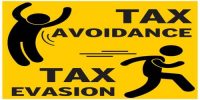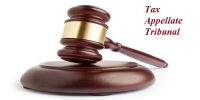Tax refunds are a return of surplus amounts of income tax that a taxpayer has paid to the state or central government within the past year.
The Circumstance when an Assessee can Claim Tax Refund: The provisions regarding refund of taxes are as follows –
(a) Entitlement to Refund: A person who satisfies the income authority that he has paid more amount as tax as it actually would be chargeable under the ordinance, shall be entitled to a refund of any such excess. Where the income of the person is included under any provision of this Ordinance in the total income of any other persons, such other person alone shall be entitled to a refund under this chapter in regal of such income.
(b) Claim of Refund for Deceased or Disabled Persons: Where through death, incapacity, insolvency, liquidation or other cause, a person is unable to claim or weave any refund due to him; his legal representative shall be cranial to claim mat refund,
(c) Refund on the Basis of Orders in Appeal: Where, as a result of any order passed in appeal or other proceedings under this Ordinance, refund of any amount becomes due to an assessee, the DCT shall, refund the amount, unless set off against tax or treated as payment of tax as per provisions of section 152, to the assessee, within thirty days from the date on which the refund has become due without his having to make any claim in thatbehave.
(d) A form of Claim for Refund and limitation: Every claim for refund under sections 146 and 147 shall be made in such form and verified in such manner as may be prescribed.
(e) Interest on Delayed Refund: Where a refund due to an assessee is not paid within two months of the date of claim for refund simple interest at the rate 7.5% per annum shall be payable to the assessee on the amount of refund.














